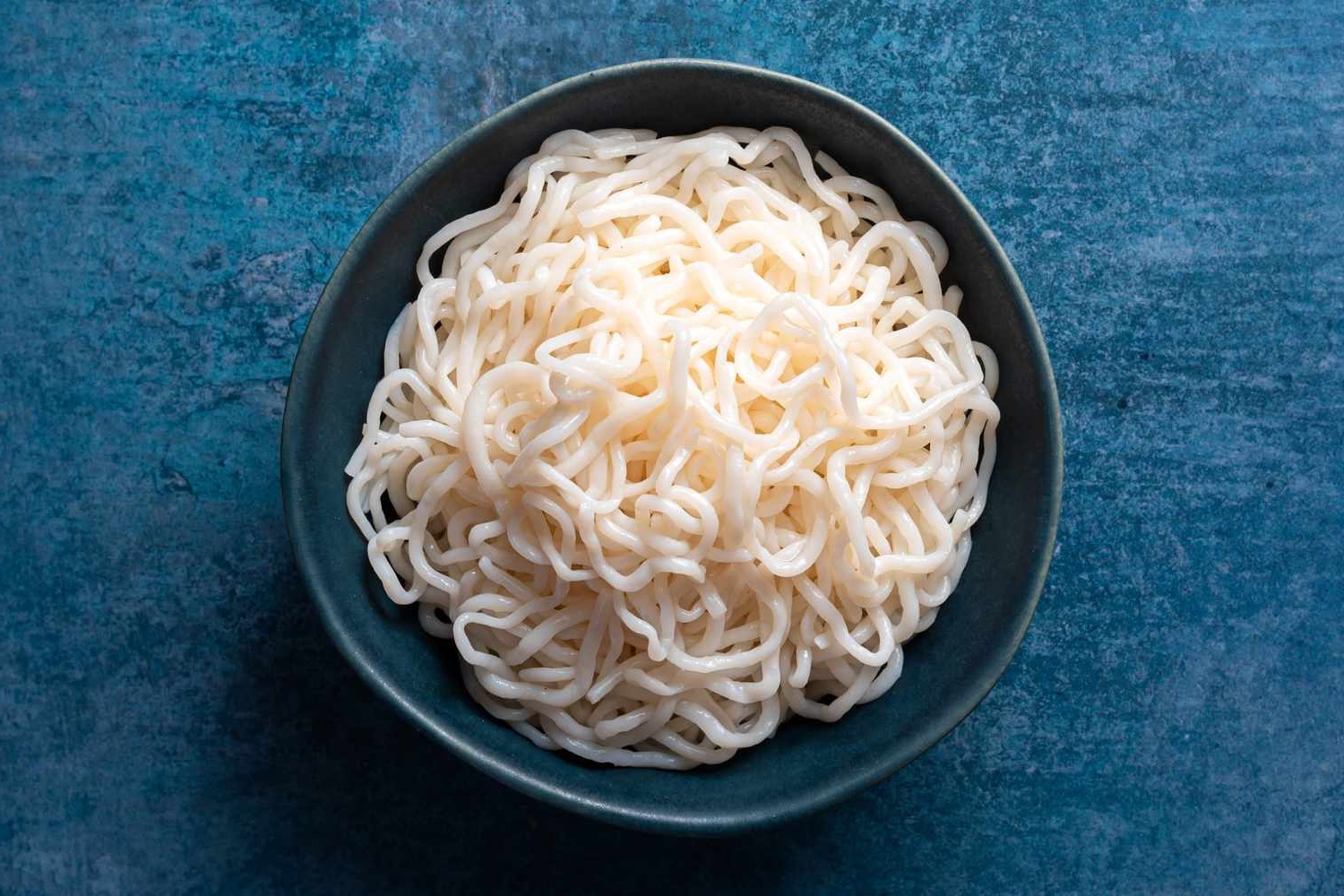
Konjac, a plant native to Asia, has been gaining popularity worldwide for its impressive health benefits. But what exactly makes this humble root so special? Konjac nutrition facts reveal a treasure trove of benefits that can transform your diet. From aiding in weight loss to improving digestion, konjac is a powerhouse of nutrients. It's low in calories, high in fiber, and packed with vitamins and minerals. Whether you're looking to manage your weight, boost your gut health, or simply add more nutritious foods to your diet, konjac might be the answer. Ready to learn more about this amazing plant? Let's dive into the fascinating world of konjac nutrition!
What is Konjac?
Konjac, also known as elephant yam or devil's tongue, is a plant native to Asia. Its starchy corm, a tuber-like part of the stem, is used to make a variety of food products. Let's dive into some fascinating facts about konjac nutrition.
-
Low in Calories: Konjac is incredibly low in calories, making it a popular choice for those looking to lose weight.
-
High in Fiber: The plant is rich in glucomannan, a type of soluble fiber that helps with digestion and keeps you feeling full longer.
-
Zero Fat: Konjac contains no fat, which is great for heart health and weight management.
-
Gluten-Free: It's naturally gluten-free, making it a safe option for those with celiac disease or gluten sensitivity.
-
Low in Carbohydrates: Konjac is low in digestible carbohydrates, which is beneficial for people following a low-carb or ketogenic diet.
Health Benefits of Konjac
Konjac isn't just low in calories and carbs; it also offers several health benefits. Here are some ways konjac can improve your well-being.
-
Regulates Blood Sugar: The glucomannan in konjac slows down the absorption of sugar, helping to regulate blood sugar levels.
-
Lowers Cholesterol: Studies show that konjac can help lower LDL cholesterol, reducing the risk of heart disease.
-
Aids in Weight Loss: Its high fiber content helps you feel full, reducing overall calorie intake.
-
Improves Digestion: The soluble fiber in konjac acts as a prebiotic, promoting healthy gut bacteria.
-
Reduces Constipation: The fiber in konjac helps to soften stools and promote regular bowel movements.
Nutritional Content of Konjac
Understanding the nutritional content of konjac can help you make informed dietary choices. Here are some key nutritional facts.
-
Rich in Vitamins: Konjac contains small amounts of vitamins like A, E, and C, which are essential for overall health.
-
Contains Minerals: It also provides minerals such as potassium, magnesium, and calcium.
-
High Water Content: Konjac is composed of about 97% water, which helps keep you hydrated.
-
Low Sodium: It contains very little sodium, making it a good option for those watching their salt intake.
-
No Sugars: Konjac has no natural sugars, making it a diabetic-friendly food.
Culinary Uses of Konjac
Konjac is versatile and can be used in various culinary applications. Here are some interesting ways to incorporate it into your diet.
-
Shirataki Noodles: These low-calorie noodles are made from konjac and are a popular substitute for traditional pasta.
-
Konjac Jelly: Often used in Asian desserts, konjac jelly is a chewy, low-calorie treat.
-
Konjac Flour: This flour can be used as a thickening agent in soups and sauces.
-
Konjac Rice: A low-carb alternative to regular rice, perfect for those on a ketogenic diet.
-
Konjac Supplements: Available in capsule form, these supplements are often used for weight loss and digestive health.
Environmental Impact of Konjac
Konjac isn't just good for you; it's also good for the planet. Here are some environmental benefits of konjac.
-
Sustainable Crop: Konjac requires less water and pesticides compared to other crops.
-
Biodegradable: Konjac products are biodegradable, reducing environmental waste.
-
Low Carbon Footprint: The cultivation and processing of konjac have a lower carbon footprint compared to other food sources.
-
Soil Health: Growing konjac can improve soil health by adding organic matter back into the soil.
-
Supports Biodiversity: Konjac farming supports biodiversity by providing a habitat for various plant and animal species.
Fun Facts About Konjac
Here are some fun and lesser-known facts about konjac that might surprise you.
-
Ancient Food: Konjac has been consumed in Asia for over 1,500 years.
-
Medicinal Uses: Traditionally, konjac has been used in Chinese medicine to treat various ailments.
-
Unique Texture: Konjac products have a unique, jelly-like texture that sets them apart from other foods.
-
Cultural Significance: In Japan, konjac is often used in traditional ceremonies and festivals.
The Final Scoop on Konjac
Konjac, a root vegetable, packs a punch when it comes to nutrition. It's low in calories, high in fiber, and can help with weight loss. The glucomannan in konjac is a soluble fiber that expands in your stomach, making you feel full longer. This can curb your appetite and reduce overall calorie intake. Plus, konjac can help regulate blood sugar levels, making it a good option for people with diabetes. It also promotes healthy digestion and can lower cholesterol levels.
Incorporating konjac into your diet is easy. You can find it in various forms like noodles, rice, and even as a gelatin substitute. Just remember to drink plenty of water, as the fiber needs it to work its magic. So, if you're looking for a nutritious, versatile addition to your meals, konjac might just be the answer.
Was this page helpful?
Our commitment to delivering trustworthy and engaging content is at the heart of what we do. Each fact on our site is contributed by real users like you, bringing a wealth of diverse insights and information. To ensure the highest standards of accuracy and reliability, our dedicated editors meticulously review each submission. This process guarantees that the facts we share are not only fascinating but also credible. Trust in our commitment to quality and authenticity as you explore and learn with us.


